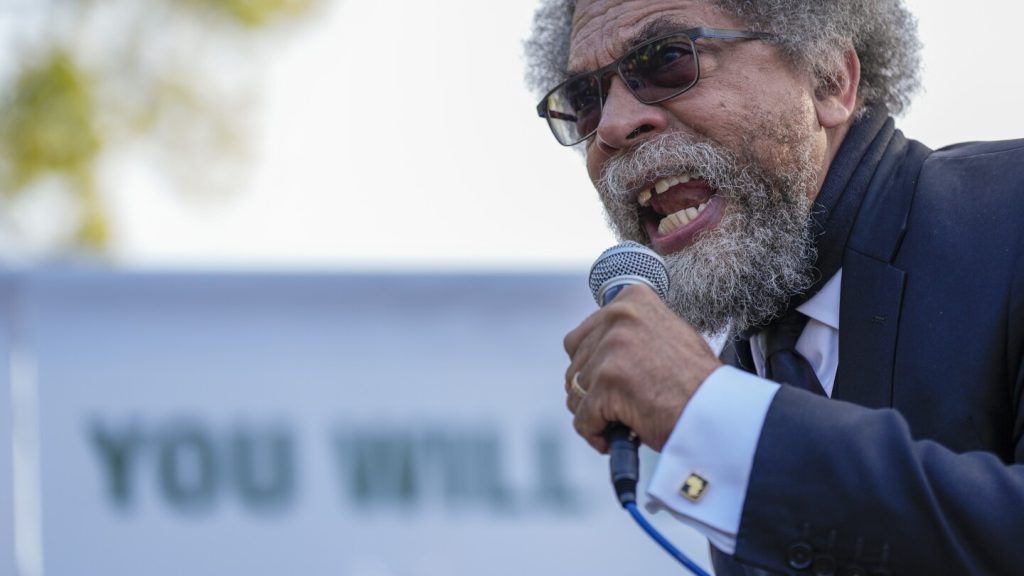Independent presidential candidate Cornel West lost a legal challenge in Pennsylvania to get on the ballot for the upcoming election. Commonwealth Court Judge Renee Cohn Jubelirer ruled in favor of the Secretary of State’s office, which had rejected West’s candidacy paperwork due to missing affidavits for 14 of his 19 presidential electors. This decision is part of ongoing legal battles involving third-party candidates, as supporters of both major-party nominees aim to either boost or hinder third-party candidates that could potentially impact the election outcome. The state of Pennsylvania is a key battleground with 19 electoral votes at stake, making it crucial in the overall outcome of the election.
The upcoming November 5 election is expected to be highly competitive in Pennsylvania, with both major-party nominees vying for the state’s 19 electoral votes. The legal challenges faced by independent candidate Cornel West, as well as other third-party candidates, reflect the intense partisan maneuvering surrounding this election. West’s lawyer, who has ties to Republican candidates, did not immediately announce whether they would appeal the court’s decision to the state Supreme Court. Additionally, independent candidate Robert F. Kennedy Jr. announced his withdrawal from Pennsylvania’s ballot, expressing support for Republican nominee Donald Trump and signaling his intent to remain on ballots in states where his candidacy is less likely to impact the election results.
While independent candidate Cornel West faced legal challenges in Pennsylvania, other third-party candidates such as Jill Stein of the Green Party and Chase Oliver of the Libertarian Party were able to submit their petitions to get on the state’s presidential ballot without facing any challenges. However, the Party for Socialism and Liberation indicated that they would appeal a judge’s decision to remove their presidential candidate, Claudia De la Cruz, from Pennsylvania’s ballot. These varying responses to third-party candidates highlight the complexities and uncertainties surrounding their impact on the election and the efforts by major-party supporters to either boost or hinder their chances in key battleground states such as Pennsylvania.
The decision in Pennsylvania’s Commonwealth Court to reject Cornel West’s candidacy paperwork due to missing affidavits for presidential electors underscores the strict requirements and legal challenges that third-party candidates often face in trying to get on the ballot. With the election expected to be closely contested in Pennsylvania, the exclusion or inclusion of third-party candidates can have significant repercussions on the final outcome. The legal battles over third-party candidates reflect the broader partisan maneuvering and political strategies being employed by supporters of the major-party nominees as they seek to secure victory in this crucial battleground state.
As the election draws near, the exclusion of Cornel West from Pennsylvania’s ballot and the withdrawal of Robert F. Kennedy Jr. illustrate the challenges faced by independent and third-party candidates in navigating the complex electoral landscape. These developments serve as a reminder of the obstacles and legal hurdles that such candidates must overcome in order to have a chance at competing in the high-stakes election. The ongoing legal battles and appeals surrounding third-party candidates in Pennsylvania highlight the intense competition and strategic efforts being deployed by supporters of both major-party nominees in their quest for victory in this critical battleground state.


